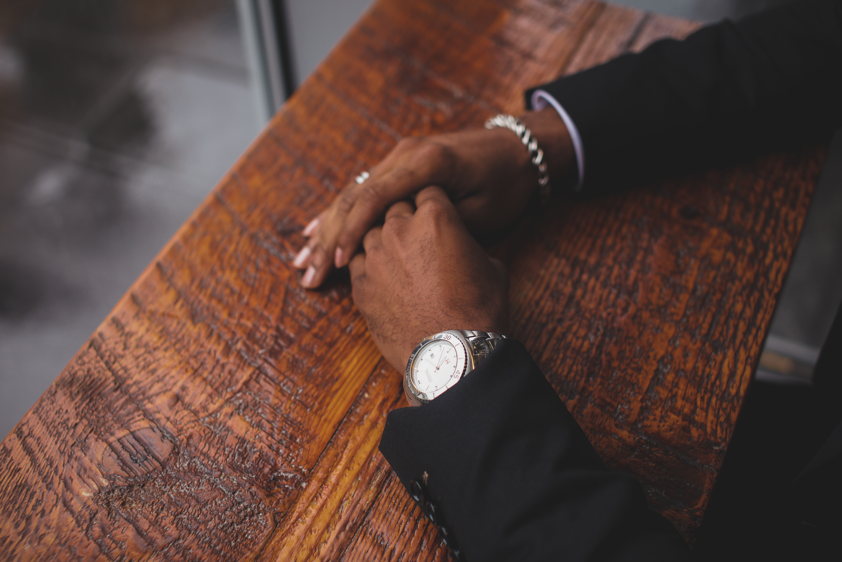The Importance of a Witness in a Slip and Fall Case
The legal system would be in shambles if it weren’t for the testimonies of witnesses. There have been many cases, both big and small, where a witness offered the most important shred of evidence for the case. So what happens in your personal injury case when you are denied access to a witness who could […]

Available 24/7
Free Case Review
You won’t pay any fees until we win your case.
It’s easy - you can:

